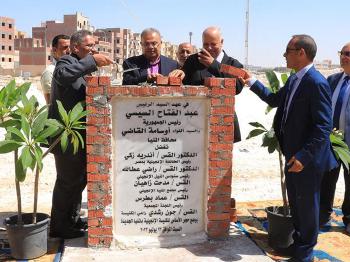The humanitarian situation caused by the civil war in Christian-majority South Sudan caused by the civil war has become “intolerable,” declared the Troika member countries (Norway, the United States and Britain) on 14 December 2017. The South Sudan government and armed rebel groups have used “extreme brutality, mutilation, torture, sexual violence against both genders,” as weapons of war, and have caused what is now the largest refugee crisis in Africa .
A third of the twelve million population have fled their homes, with more than two million displaced within the country. Another two million are taking refuge in neighbouring countries at a rate of 1,450 per day, potentially destabilising the whole region. A representative of the UN Refugee Agency (UNHCR) says that underfunding has challenged relief efforts.

Half of South Sudan faces malnutrition – with Amnesty International stating that 1.25 million face actual starvation – due to the destruction of crops and food supplies by warring sides. Aid agencies have been attacked by armed groups – nine aid workers were killed in November 2017 – who also loot their aid vehicles and stocks, forcing them to relocate.
The country gained independence in 2011, but has been in conflict since 2014. Although the warring parties agreed another ceasefire on 21 December 2017 in Addis Ababa, it has been reportedly violated already .
By December 2017, Barnabas Fund had provided food aid to over 120,000 South Sudanese refugees in Uganda’s Camp Rhino through Project Joseph.
A fuller analysis will follow next week.
From Reuters and Sudan Tribune

